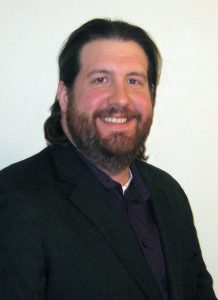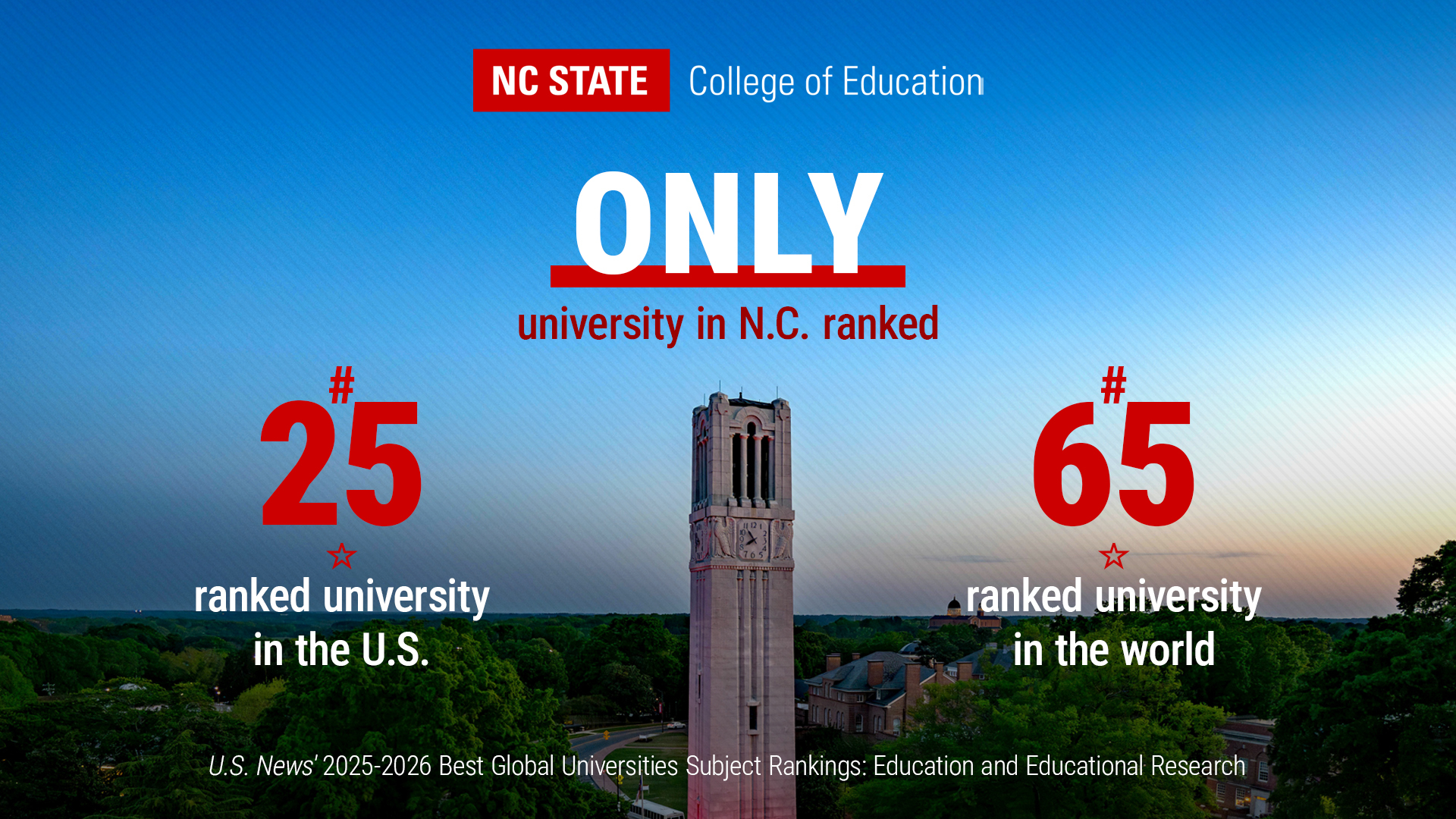Doctoral Student Wins Coveted National Awards

Daniel P. Kelly is a doctoral student studying technology education and digital teaching and learning in the department of Science, Technology, Engineering and Mathematics Education (STEM Ed).
As the recipient of three national STEM Ed awards (an extremely rare accomplishment), Daniel continues to innovate and pioneer in his field. See what Daniel had to say about his awards and his experiences at the College of Education.
 Please tell us about your recent awards.
Please tell us about your recent awards.
I have received the following awards this year:
- The 2015 William Everett Warner Graduate Student Research Award. I was given this award by the Epsilon Pi Tau honor society for my thesis research on “STEM Teacher Efficacy in Inverted Classrooms.”
- 2016 Foundation for Technology and Engineering Educators/Maley Outstanding Graduate Student Award. This award, named for Dr. Donald Maley, one of the profession’s “Distinguished Fellows” and a founder of the Foundation for Technology and Engineering Educators, recognizes excellence in graduate level scholarship and leadership potential.
- Foundation for Technology and Engineering Education (FTEE), International Technology and Engineering Educators Association (ITEEA) and Council on Technology & Engineering Teacher Education (CTETE) 2017 Class of the 21st Century Leadership Academy Fellow. The 21st Century Leadership Academy is a program designed to facilitate a sense of community and provide activities and resources for scholarly and professional development of early career technology education faculty. I was nominated by Dr. Aaron Clark.
Why did you choose NC State for your graduate studies?
Originally, I chose NC State for my master’s degree because I needed the coursework for my license as a technology and engineering teacher in Durham, NC.
I continued as a doctoral student because of the incredible support and mentorship I received from the technology education faculty. When I was awarded a graduate research assistantship, I was encouraged to pursue my degree and further develop my research skills.
I have also been fortunate to have faculty from other departments such as math and science education, educational psychology, and educational leadership support my efforts as well. This cross-departmental support has been a significant factor in my development as a student.
What do you think is innovative about the college’s programs?
The technology education faculty represent a broad range of experience and research interests. This has allowed me to participate in many studies with different methods and purposes.
The diversity of faculty has made me a more well-rounded researcher and given that the technology education field is very broad, I benefit greatly from such diversity.
Can you please describe what your research is focused on?
My current research explores the use of the digital technology and the flipped classroom (which is a pedagogical model in where video lectures are viewed by students at home before the class session and in-class time is devoted to discussions) instructional model’s impact on student outcomes and teacher efficacy. I am also examining the use of 3D printers in high-poverty school classrooms.
What has been the most important thing you’ve learned thus far?
Find mentors that have the time and willingness to support your interests. Don’t choose your committee based on expedience or convenience. Seek out those who will push you to be better and help guide you through the process to put you on track for success.
- Categories:


